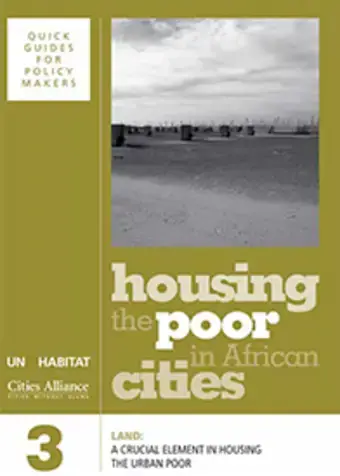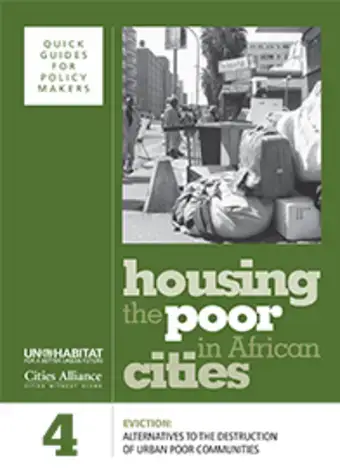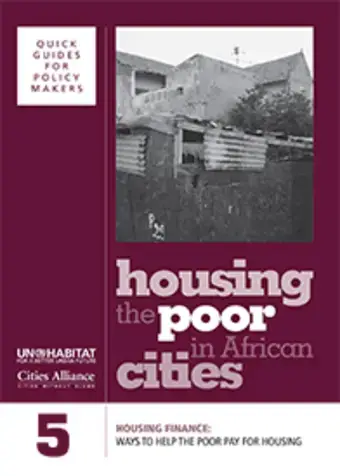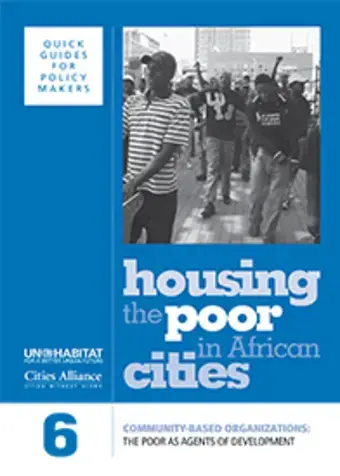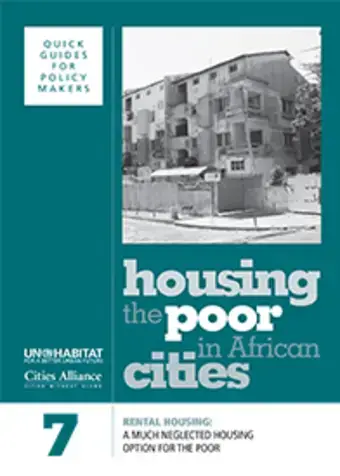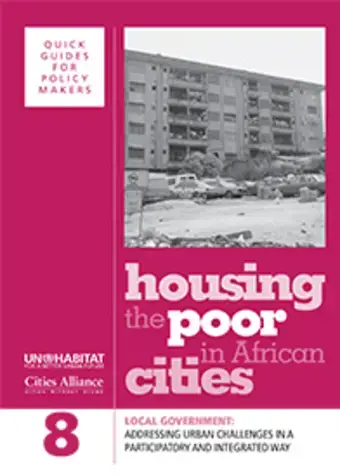 The self-assessment tables are designed for guiding discussion, and encouraging dialogue between participants on key challenges related to capacity development.
The self-assessment tables are designed for guiding discussion, and encouraging dialogue between participants on key challenges related to capacity development.
The main purpose of this self-assessment is to collect opinions from different perspectives of people units in order to formulate recommendations for improvement and further development.
 Capacity self-assessment is a way for training institutions to assess and develop the capacities needed for their own development and for the provision of high quality training services. Self-assessment refers to a participatory process driven by the training institutions themselves rather than external actors.
Capacity self-assessment is a way for training institutions to assess and develop the capacities needed for their own development and for the provision of high quality training services. Self-assessment refers to a participatory process driven by the training institutions themselves rather than external actors.

